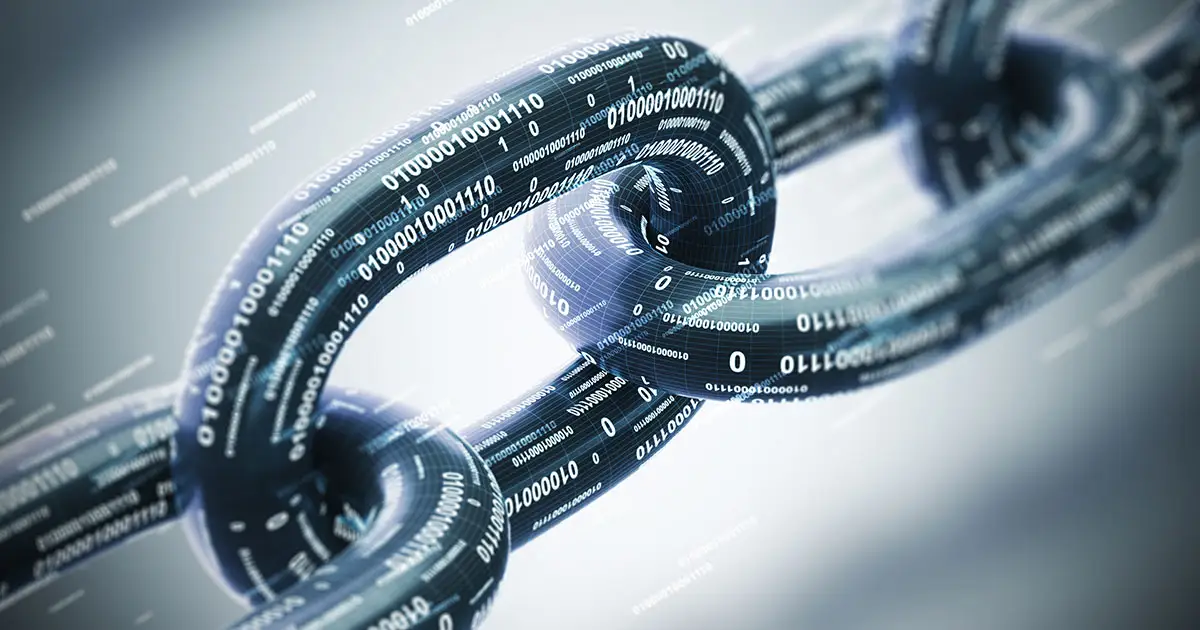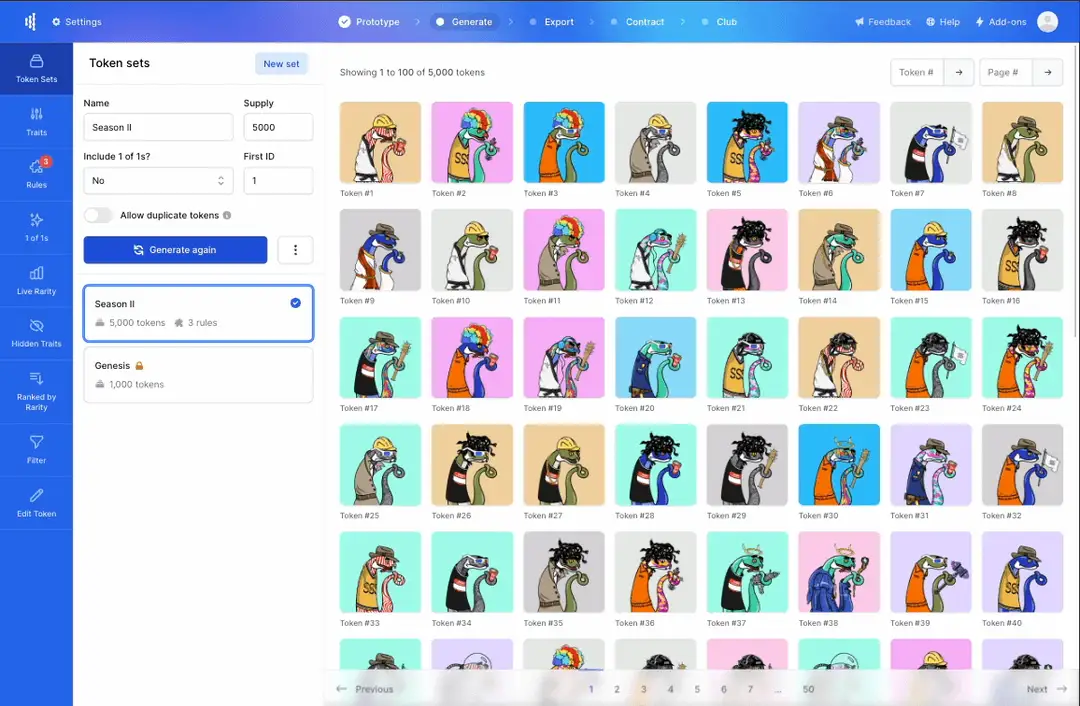
Smart Contracts and Their Role in NFT Transactions (Source code & ABI explained)
Smart Contracts and Their Role in NFT Transactions
Smart contracts have revolutionized the world of non-fungible tokens (NFTs), providing a way to create, transfer, and manage digital assets in a decentralized, transparent, and secure manner. In this article, we will explore the concept of smart contracts and their importance in the NFT space, including the smart contract source code and application binary interface (ABI).
What are Smart Contracts?
Smart contracts are self-executing programs that automatically manage the rules and regulations of a contract when certain conditions are met. In the context of NFTs, smart contracts enable the creation, transfer, and management of unique digital assets without the need for intermediaries. These contracts automatically execute the terms of the agreement, reducing the risk of human error or fraud.
Decentralization is another key benefit of smart contracts. They are stored on the blockchain, making them accessible and transparent to all parties involved. Additionally, smart contracts can reduce the costs associated with traditional contract execution by eliminating intermediaries. The decentralized nature of the blockchain also makes it more difficult for smart contracts to be hacked or manipulated.
What is the Smart Contract Source Code?
The smart contract source code is the underlying code that defines the rules and regulations of the contract. This code is written in a programming language such as Solidity, which is specifically designed for the creation of smart contracts on the Ethereum blockchain.
The source code of a smart contract is the underlying code for the contract, such as the functions that can be performed by the contract, and the data that the contract can access and modify. The source code is an essential part of a smart contract as it defines the behavior of the contract and the rules that govern the NFT or dApps transactions.
What is the ABI?
The ABI (Application Binary Interface) is a set of rules that define how the smart contract interacts with the outside world. The ABI specifies how data is passed to and from the smart contract and how the contract is executed.
The ABI acts as a bridge between the smart contract and the application that is interacting with it. It is crucial for developers who want to interact with the smart contract and for users who want to execute functions such as buying, selling, or transferring NFTs.
Importance of Smart Contract Source Code and ABI
The smart contract source code and ABI are crucial because they ensure the security, transparency, and decentralization of NFT transactions. The source code defines the rules and regulations of the contract, while the ABI ensures that the contract can interact with the outside world in a secure and consistent manner.
It is important to understand the potential risks associated with smart contracts. The decentralized nature of NFTs means that once a smart contract is deployed, it cannot be altered or deleted. Any errors or vulnerabilities in the code can result in serious consequences, such as the loss of funds or the inability to transfer NFTs.
To mitigate these risks, it is crucial to perform thorough security audits on the source code and ABI before deploying a smart contract. This includes testing the code for potential vulnerabilities and bugs, and ensuring that the contract is properly configured to meet the specific needs of the NFT project.
How is a smart contract used?
When creating an NFT, a smart contract governs how the NFT functions, how they are transferred and any other extra functions for additional utility. It is essential to understand the basics of smart contract development and to work with experienced developers to ensure that the source code and ABI are properly implemented. Regular audits and updates of the code are also essential to ensure the security and functionality of the contract over time.
If you do not have the funds to hire a developer for your own project, there are trustworthy alternatives available. Tools such as NFT-Inator include built-in smart contract deployment features that helps you launch gas-efficient ERC-721A contracts with customizable features such as allowlists, multi-stage drops, card payments, and more.
Future of Smart Contracts and NFTs
The NFT space is still in its early stages, but it is clear that smart contracts will continue to play a critical role in defining the future of NFTs and digital ownership. As the demand for NFTs continues to grow, the development of new and innovative smart contracts will become increasingly important.
One area where smart contracts could have a significant impact is in the world of art and creative works. With smart contracts, artists could create unique digital assets that are verifiably scarce and can be easily traded on the blockchain. This could provide artists with a new way to monetize their work and create more opportunities for collectors to invest in art.
Another area where smart contracts could have a significant impact is in the gaming industry. With smart contracts, game developers could create unique in-game assets that players could own and trade on the blockchain. This could provide players with a new way to invest in the games they love and create more opportunities for game developers to monetize their creations.
Conclusion
In conclusion, smart contracts and their source code and ABI are essential components of the NFT space. They ensure the security, transparency, and decentralization of NFT transactions, and provide a way to create, transfer, and manage digital assets in a more efficient and secure manner. As the demand for NFTs continues to grow, it will become increasingly important to understand the basics of smart contract development and to work with experienced developers to ensure that the source code secure, efficient and powerful.
In addition, regular audits and updates of the code are essential to ensure the security and functionality of the contract over time. With the potential to revolutionize art, gaming, and many other industries, smart contracts and NFTs are already becoming an important part of the digital landscape for years to come.
Feeling inspired?Launch your NFT today.
Prototype, generate and launch your collection with the most powerful no-code NFT toolkit.
Sign up for free